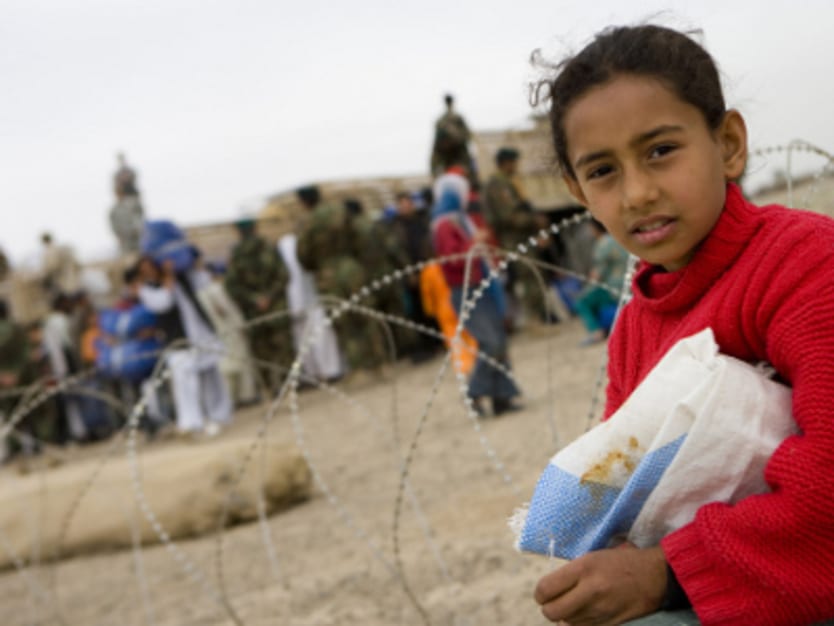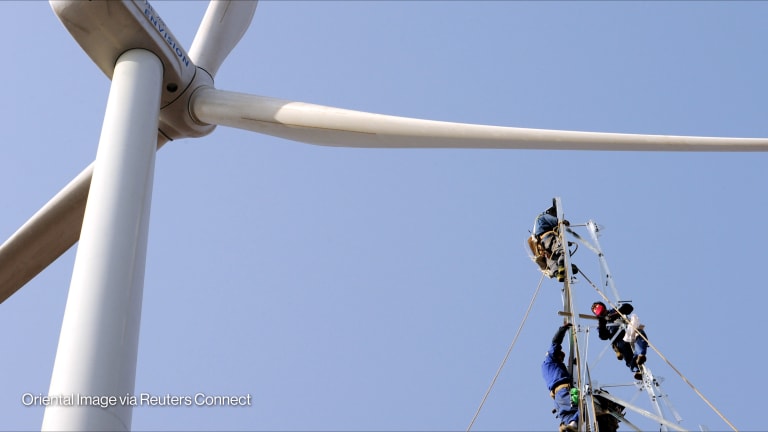
What is killing foreign aid? Newsweek points to many reasons.
One major hurdle to aid delivery has to do with the “politics of spending money” on other countries’ problems. U.S. President Barack Obama, for instance, is finding it difficult to win the support of conservative voters for an aid program.
“Reaching out in this way might feed into American stereotypes that Republicans are tougher on national security while Democrats prefer soft power,” the magazine says.
Even citizens of wealthy countries seem to be holding back their support for overseas aid. Nearly half of Americans surveyed by the Pew research organization in December said the U.S. should “mind its own business.” This isolationism is also seen in rich nations across Europe and Asia including Japan, according to Newsweek.
The growing demand for quick results is also hurting aid. Political gratification in donor nations weakens the long-term commitment to aid programs. Foreign philanthropy is also plagued with the same challenge.
“[W]ealthy individuals are used to getting fast results in the business world and often cannot reproduce such quick successes through foreign philanthropy,” the magazine argues.
Reducing foreign aid, though it may seem like “a necessary evil” for cash-strapped donor nations, is risky. Such move will foster a new breed of donor nations such as China and Venezuela that do not “require the same sort of respect for human rights and high-quality governance that the West demands as a condition for aid,” Newsweek says.
The magazine adds: “What’s more, if the world fails to eradicate hunger, as vowed in the millennium goals, children in many developing countries will still lack food, launching a cycle of stunted growth, weak brain development, and poor economic performance; if the world does not meet the goal of universal primary education, African states may never catch up to East Asian competitors with strong primary-education systems.”








